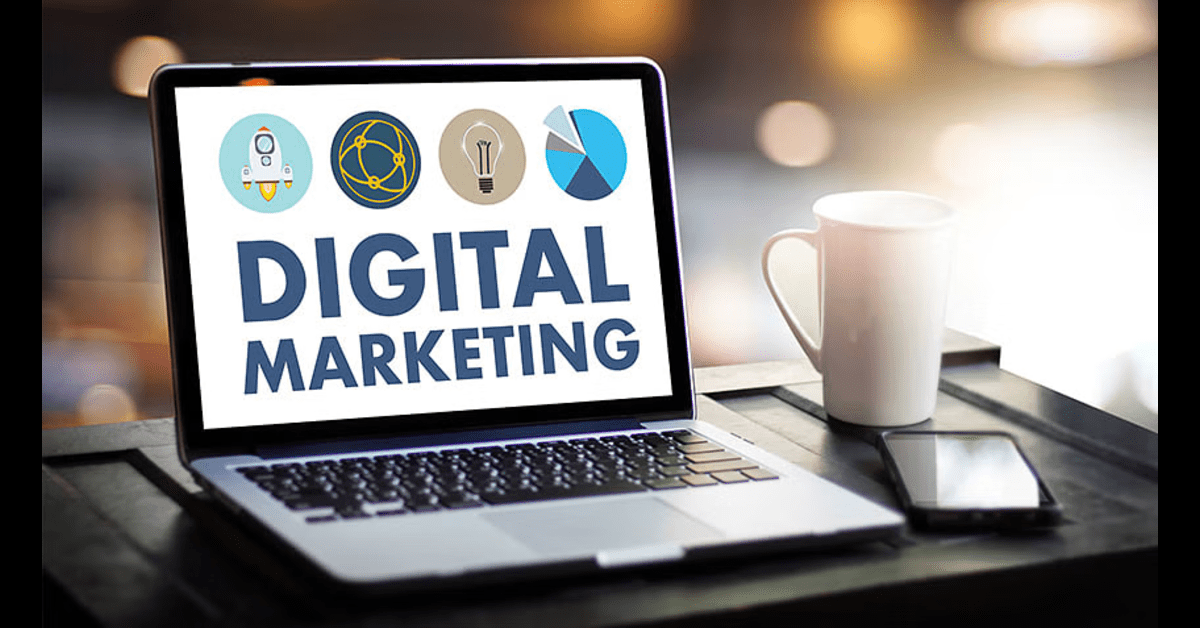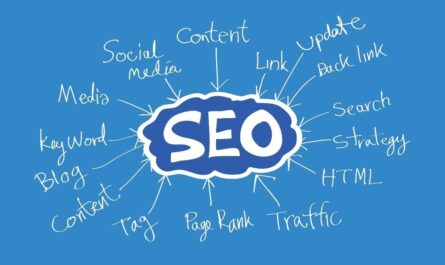What is Digital Marketing Services ?
What is Digital Marketing Services?
Digital marketing services involve using digital channels and platforms to promote and grow businesses. These services are essential for reaching today’s online-savvy consumers and can be tailored to suit different business goals. Here’s a comprehensive overview of what digital marketing services include:
1. Search Engine Optimization (SEO)
Definition: SEO is the process of optimizing a website to rank higher in search engine results pages (SERPs) for relevant keywords.
Key Components:
- On-Page SEO: Optimizing individual pages with keywords, meta tags, and high-quality content.
- Off-Page SEO: Building backlinks from other reputable sites to improve domain authority.
- Technical SEO: Ensuring website functionality, speed, and mobile compatibility.
Benefits:
- Increased organic traffic
- Improved website visibility
- Higher credibility and trustworthiness
2. Content Marketing
Definition: Content marketing involves creating and sharing valuable content to attract and engage a target audience.
Key Components:
- Blog Posts: Informative articles that address the needs and interests of the audience.
- E-books and Whitepapers: In-depth resources that provide value and generate leads.
- Infographics and Videos: Visual content that simplifies complex information and increases engagement.
Benefits:
- Builds brand authority
- Enhances customer engagement
- Drives traffic and leads
3. Social Media Marketing
Definition: Social media marketing uses platforms like Facebook, Instagram, Twitter, LinkedIn, and others to connect with your audience.
Key Components:
- Profile Management: Creating and maintaining profiles on relevant social media platforms.
- Content Creation: Developing posts, stories, and ads tailored to each platform.
- Engagement: Interacting with followers through comments, messages, and discussions.
Benefits:
- Increased brand awareness
- Direct interaction with customers
- Ability to run targeted advertising campaigns
4. Email Marketing
Definition: Email marketing involves sending targeted emails to a list of subscribers to promote products, services, or updates.
Key Components:
- Newsletter Campaigns: Regular updates that provide valuable content and promotions.
- Automated Emails: Triggered emails based on user actions, such as welcome emails or abandoned cart reminders.
- Segmentation: Dividing your email list into segments for more personalized communication.
Benefits:
- High ROI compared to other channels
- Direct communication with customers
- Ability to nurture leads and drive conversions
5. Pay-Per-Click (PPC) Advertising
Definition: PPC advertising involves placing ads on search engines and social media platforms where you pay each time an ad is clicked.
Key Components:
- Search Ads: Text-based ads displayed on search engine results pages.
- Display Ads: Banner ads shown on websites and apps.
- Social Media Ads: Targeted ads on platforms like Facebook, Instagram, and LinkedIn.
Benefits:
- Immediate traffic and visibility
- Highly targeted advertising
- Measurable and adjustable campaigns
6. Affiliate Marketing
Definition: Affiliate marketing is a performance-based strategy where businesses reward affiliates for driving traffic or sales through their marketing efforts.
Key Components:
- Affiliate Partnerships: Collaborating with influencers or bloggers to promote your products.
- Commission Structures: Paying affiliates based on clicks, leads, or sales generated.
Benefits:
- Expanded reach through affiliates
- Performance-based costs
- Increased credibility through trusted affiliates
7. Analytics and Data Analysis
Definition: Analytics and data analysis involve tracking and interpreting data to measure the performance of digital marketing campaigns and make informed decisions.
Key Components:
- Web Analytics: Tools like Google Analytics to track website traffic and user behavior.
- Campaign Metrics: Measuring performance metrics such as conversion rates, click-through rates, and ROI.
- Reporting: Generating reports to evaluate the success of marketing strategies.
Benefits:
- Insights into campaign performance
- Data-driven decision making
- Identification of areas for improvement
8. Online Reputation Management
Definition: Online reputation management involves monitoring and improving how your brand is perceived online.
Key Components:
- Review Management: Responding to and managing customer reviews on various platforms.
- Social Listening: Monitoring social media for mentions and feedback about your brand.
- Crisis Management: Addressing negative publicity or issues that arise.
Benefits:
- Enhanced brand image
- Better customer relationships
- Proactive handling of potential issues
Conclusion
Digital marketing services encompass a range of strategies designed to help businesses connect with their audience, drive traffic, and achieve their goals online. By leveraging these services effectively, businesses can build a strong online presence, increase engagement, and drive growth.



